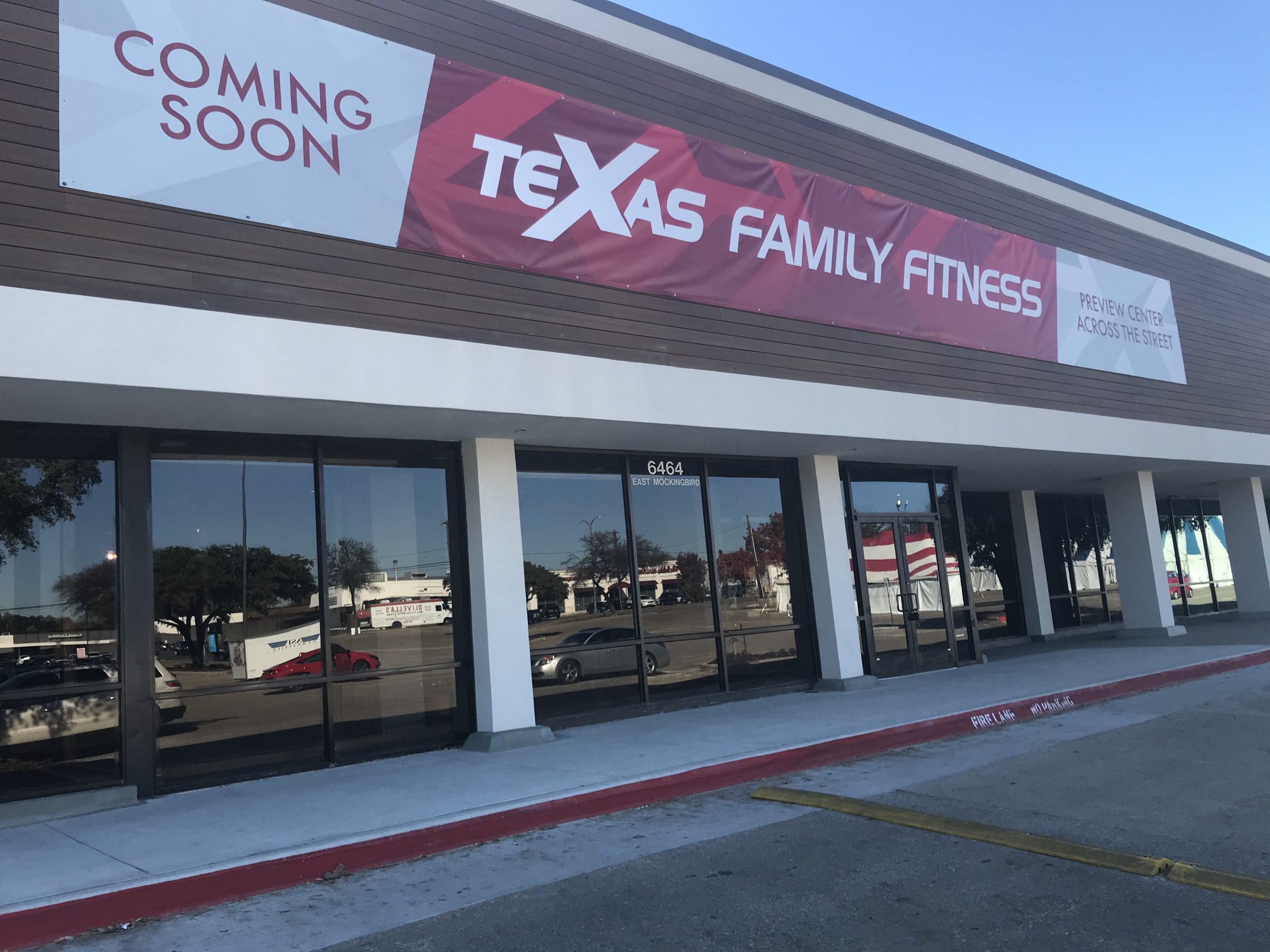Bussiness
Small Business Administration Unveils Lower-Cost Debt Refinancing Program | PYMNTS.com

The White House says it has made it easier for small businesses to refinance debt.
The Small Business Administration (SBA) announced a rule change Tuesday (Oct. 1) to its 504 Loan Program, which offers long-term, fixed rate financing for real estate and equipment with SBA-backed capital.
“Coupled with the recent Federal Reserve interest rate cut, SBA’s new rule will help business owners lower costs by streamlining access to debt refinancing so they can reduce payments and access more affordable capital,” said SBA Administrator Isabel Casillas Guzman.
The rule goes into effect Nov. 14, and will make it easier for small businesses to refinance physical property such as land, machinery or facilities, the SBA said.
For example, the administration said, “a small, rural call center would be able to better harness the value of their land, buildings, and equipment when refinancing debt,” while also lowering their monthly payments.
According to the SBA, the rule change also broadens the ways businesses can use the funds they get from refinancing, especially when they want to expand. The change also does away with the requirement that borrowers “demonstrate a minimum reduction in their loan payment from refinancing.”
The rule changes come 71% of American small and medium-sized businesses (SMBs) are dealing with cash shortfalls, according to PYMNTS Intelligence research.
“Unlike large corporations, small businesses exhibit diverse needs and business models,” PYMNTS wrote recently. “This diversity means that a one-size-fits-all approach to lending is inadequate. Each business may require tailored financial products, such as lines of credit, term loans, or equipment financing, each with different risk profiles and return potential.”
A little over 8% of SMBs have found working capital loans from banks to be readily available, according to research from the PYMNTS Intelligence/Cross River report “What’s Next in Credit: Why SMBs Prefer Corporate Credit Cards for Short-Term Financing.”
“Many small businesses do not have sophisticated financial systems or the ability to provide detailed, accurate financial statements,” PYMNTS wrote.
“This creates information asymmetry, where lenders cannot accurately assess the health and potential of a business. This challenge is particularly acute for non-traditional or niche businesses that do not fit into standard industry categories.”
A separate PYMNTS Intelligence report, “The $150B Question: Can Community FIs Capture the SMB Digital Banking Opportunity?,” completed in collaboration with NCR Voyix, offers insights into the changing financial landscape for SMBs, showing that many SMBs are ready to switch to institutions that offer modern digital tools.









